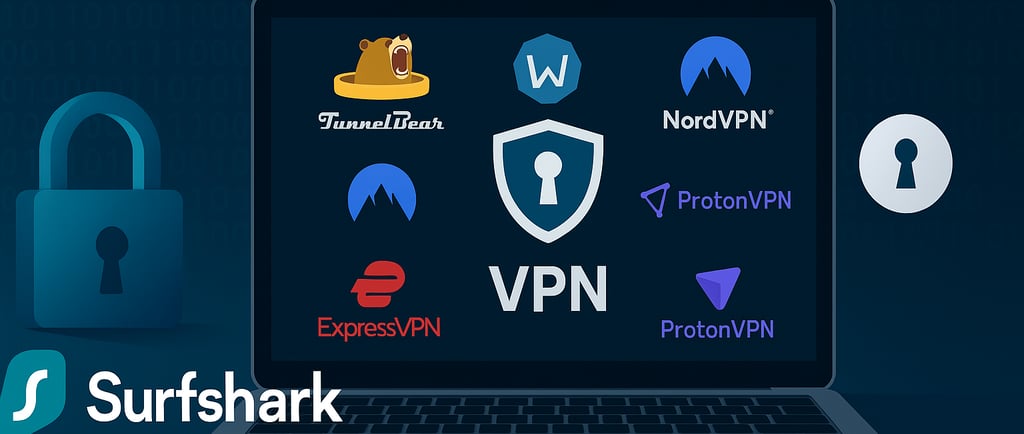Are Free VPNs Safe to Use?
VPN


The idea of getting something for free is always tempting, and VPNs are no exception. With so many free VPN apps available in app stores and browser extensions, it’s easy to assume they offer the same protection as paid services—just without the cost. But are free VPNs actually safe to use? The truth is more complicated than it seems.
The Appeal of Free VPNs
Free VPNs promise the core benefit of a Virtual Private Network—masking your IP address and letting you access restricted content—without asking you to spend a cent. For users who just want to watch a blocked video or bypass a school firewall, they may look like the perfect solution.
But when it comes to online security and privacy, free often comes with hidden risks.
The Hidden Costs of Free VPNs
1. Data Logging and Selling
Running a VPN requires servers, bandwidth, and maintenance—all of which cost money. If you’re not paying with cash, chances are you’re paying with your data. Many free VPN providers log your browsing activity and sell it to advertisers or data brokers.
2. Weak or No Encryption
Some free VPNs don’t use proper encryption at all. This means your traffic may still be exposed to hackers, ISPs, and surveillance. Without strong encryption (like AES-256), a VPN is little more than a proxy.
3. Limited Security Features
Premium VPNs usually offer extras like a kill switch, DNS leak protection, and multi-device support. Free VPNs often lack these safeguards, leaving users exposed if the connection drops.
4. Annoying Ads and Malware Risks
To make money, many free VPNs flood users with pop-up ads. Worse, some have been caught embedding malware in their apps, turning what should be a security tool into a security threat.
5. Restricted Speeds and Bandwidth
Most free VPNs limit how much data you can use per month or deliberately slow down speeds. This makes them frustrating for streaming, gaming, or even basic browsing.
When Free VPNs Might Be “Safe Enough”
Not all free VPNs are inherently dangerous. A few reputable VPN providers offer limited free versions of their paid services, often with restrictions like:
A small number of servers
Monthly data caps (e.g., 500 MB or 2 GB per month)
Reduced speed compared to premium users
These options can be acceptable for very occasional use, such as checking email on public Wi-Fi. However, they are not reliable for full-time protection.
Who Should Avoid Free VPNs?
Frequent Travelers: Relying on unsecured hotel or airport Wi-Fi demands strong encryption and reliability.
Remote Workers: Handling sensitive company data requires professional-grade protection.
Streamers and Gamers: Free VPNs often block streaming platforms and have high latency.
Privacy-Conscious Users: If your main reason for using a VPN is privacy, free services often do the opposite by tracking you.
Alternatives to Free VPNs
If cost is the main barrier, consider:
Freemium VPNs – Reputable providers sometimes offer free plans with limited data, giving you a taste of their service.
Affordable Paid VPNs – Many premium VPNs cost less than a cup of coffee per month if you sign up for a yearly plan.
Trial Periods & Refunds – Most trustworthy providers offer free trials or 30-day money-back guarantees, letting you test before committing.
The Bottom Line
While free VPNs might seem like an easy way to secure your browsing, they often undermine the very privacy they promise. Data logging, weak encryption, malware risks, and performance issues are common.
If your goal is casual use, like bypassing a simple restriction, a limited free VPN from a reputable provider may work. But for anyone serious about privacy, security, and a smooth online experience, investing in a paid VPN is the far safer choice.
In the world of VPNs, the old saying holds true: if you’re not paying for the product, you are the product.